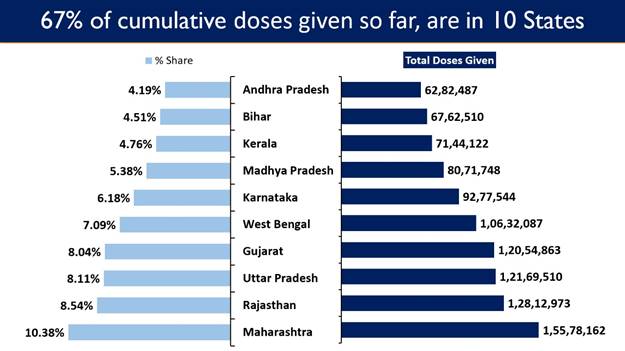Consuming a high-fat diet in the days leading up to surgery could trigger a heightened inflammatory response in the brain, leading to cognitive impairments that persist for weeks, according to new research conducted on animals. The study, conducted at The Ohio State University, suggests that even young adults may experience memory-related cognitive issues when subjected to a combination of fatty foods and surgical procedures.
Led by senior author Ruth Barrientos, an investigator at Ohio State’s Institute for Behavioral Medicine Research, the study sheds light on the detrimental effects of unhealthy dietary habits and surgical interventions on brain health. The findings, published in the journal Brain, Behavior, and Immunity, underscore the importance of dietary interventions, particularly the use of omega-3 fatty acid supplements, in mitigating these effects.
The research team, building upon previous studies, found that a high-fat diet alone was sufficient to impair a specific type of fear-related memory in aged rats for up to two weeks. Remarkably, the same memory deficits were observed in younger rats subjected to both a high-fat diet and a simulated surgical procedure. The study suggests a compounding effect when a high-fat diet is combined with surgery, leading to a synergistic inflammatory response in the brain.
“Our data suggest that these multiple insults have a compounding effect,” explained Barrientos. “The high-fat diet alone might increase inflammation in the brain just a little bit, but then you have surgery that does the same thing, and when put together in a short amount of time, you get a synergistic response that can set things in motion toward a longer-term memory issue.”
The study revealed that a metabolic enzyme called Acetyl-CoA Carboxylase (ACC) played a crucial role in storing fat rather than burning it for energy in T cells, leading to brain inflammation. However, supplementing with DHA omega-3 fatty acids before the unhealthy diet and surgery prevented memory-related cognitive impairments in both aged and young adult rats.
“DHA supplementation did mitigate those inflammatory effects and prevent memory deficits after surgery,” said Barrientos.
The research also highlighted surprising findings regarding memory vulnerabilities in different age groups. While aged rats experienced impairments in both contextual and cued-fear memory, young adult rats exhibited deficits only in cued-fear memory.
“With increasing evidence suggesting that fatty and highly processed foods can trigger inflammation-related memory problems in brains of all ages, the consistent findings that DHA has a protective effect are compelling,” Barrientos emphasized.
The study’s findings offer promising insights into the protective effects of omega-3 fatty acids and underscore the importance of dietary interventions in preserving brain health, particularly before surgical procedures.












